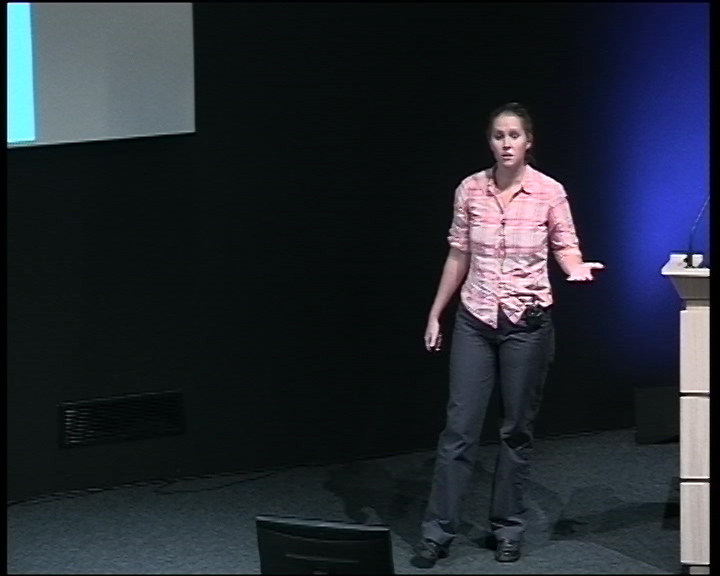 GIPSy 2011
GIPSy 2011
Workshop on games, logic and security
Centre Inria Rennes - Bretagne Atlantique
25/27 octobre 2011
Scope
Security and privacy problems in computer networks and mobile applications often stem from the interaction between agents of the network (which can be individuals as well as devices or softwares acting autonomously). Modeling the interaction between agents is therefore essential to address security problems appropriately. Game theory and logic are the most prominent frameworks for the formal treatment of interaction. They permit not only to model and represent this interaction between agents, but they also lead to the development of applicable algorithms and decision procedures. In the past two decades, a number of logical frameworks and game-theoretic approaches have been proposed to model and analyze computer networks from the security point of view, sometimes resorting to non-classical logics (such as epistemic or intuitionistic logics).
The main goal of the workshop is to gather researchers interested in games, logic and security (in a broad sense), and to offer a privileged forum to present their work and exchange ideas on these topics.
Talks of invited speakers
3
Anne Broadbent
(Institute for Quantum computing
&
D.R. Cheriton school of computer science)
Quantum nonlocal games and cryptography

Abstract:
According to the quantum theory, two or more parties who are physically separated and unable to communicate, but who have previously interacted in order to establish a quantum resource called ``entanglement'', can exhibit correlations that cannot be produced by any classical theory. These correlations can be exploited in nonlocal games, which are multi-player cooperative games for which quantum players (who share entanglement) have an advantage over classical players (who share only classical information).
In this talk, we will give an overview of quantum nonlocality games and we will see the same entanglement that is used to give quantum parties an advantage over classical parties in games can be used to circumvent the assumption of ``no-communication'' between parties in both multi-prover interactive proof systems and cryptographic primitives such as the bit commitment protocols in the two-prover model.
The talk (1h 26)
get the Flash Player to see this player.
 The Questions (MP3 - 16:52)
The Questions (MP3 - 16:52)